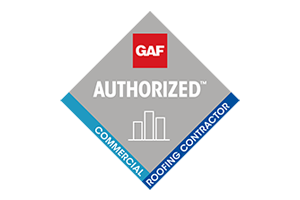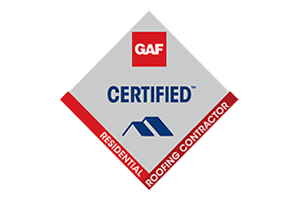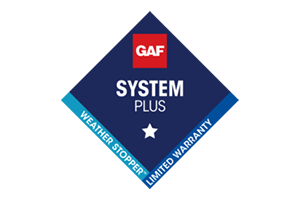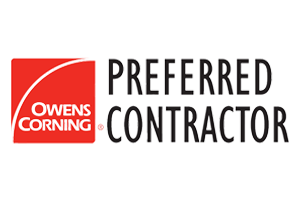Your roof is an incredibly important part of your home, but one that almost no one ever thinks about until something bad happens. Most people think of the roof as an integral part of the structure, guaranteed to stand for decades without much consideration or care but you'd be surprised how much attention a roof really needs. There are a variety of things that can cause damage to your roof beyond normal wear and tear, so it's important to have it inspected before a serious leak can form and damage your home. Not sure when to call for an inspection? Here's a quick guide for when your roof might need inspection and why.
1) After a Major Storm, Especially Hurricanes
Most roofs are made of carefully layered shingles of wood, composite asphalt, and occasionally tile. While they are built to withstand heavy rains along with anything else the weather as to throw at you, serious weather is always a reason to be concerned about your roof. If it has been raining heavily for more than six hours, there's a chance loose or already damaged sections of your roof could have washed away leaving dangerous gaps that could eventually lead to leaks. Roof inspections after a rainstorm can prevent the next rain from seeping into your attic and ceiling.
2) If Anything Falls On It
Roof shingles are sturdy and nailed together but they're not indestructible. Anything that falls on a shingle can crack them, dent them, break them off completely or simply leave a dangerous indent that changes the structure and function of the shingle. Hailstones, for instance, are a common problem leaving rooftops and parked cars damaged for miles from a single storm. Another major problem is falling tree branches as people let their trees grow over their homes and forget to tend the branches. Even if a fallen branch wasn't big enough to damage the structure of your home, it might have damaged the shingles and you'll want an inspection along with branch removal.
3) After Heavy Winds
Even the wind can pose a danger to your roof, especially if they reach a velocity higher than what the original builders could have reasonably expected. High winds and sustained high winds, in particular, are a surprisingly big problem for your shingles. The wind can peel singles up, bending them backward or simply pry them up flat away from the line of the roof. The continued sideways pressure can even snap shingles in half or rip whole shingles away from the roof and blow them away. If you're region experiences serious winds, it may be time to call for a roof inspection.
4) If Your Attic is Leaking
More often than not, homeowners don't actually catch the cause of their roof damage and only notice once the damage has allowed a leak to form. Moisture in the attic or dripping down from a ceiling can be a clear sign of existing roof damage. In this case, you'll need both a thorough inspection to find the damage and expert repairs to return your home to weather-proof safety.
5) When You Clean Your Gutters
If you haven't gotten a roof inspection all year long, cleaning your gutters is a great way to remember when you should call for one. Even if there's been no obvious cause for concern, it's best to get your roof checked on a fairly regular basis to ensure no subtle long-term damage is developing either on your roof or in difficult to reach parts of the attic.
6) Twice a Year
Finally, no matter what else happens with the house, roof inspections are advisable about twice a year. This will ensure that no minor problems have the chance to develop beyond six months. That way, even if for instance, a pile of leaves might slowly rot a hole in your roof, your roof inspectors will spot it and repair the soft spot before any real damage is done.
For more helpful roof maintenance tips or to schedule your next inspection contact us today!





